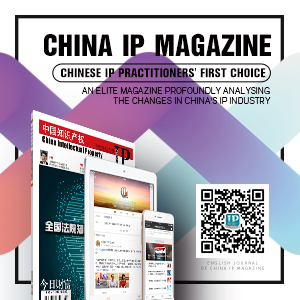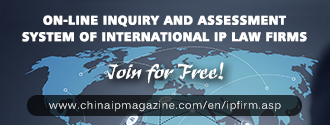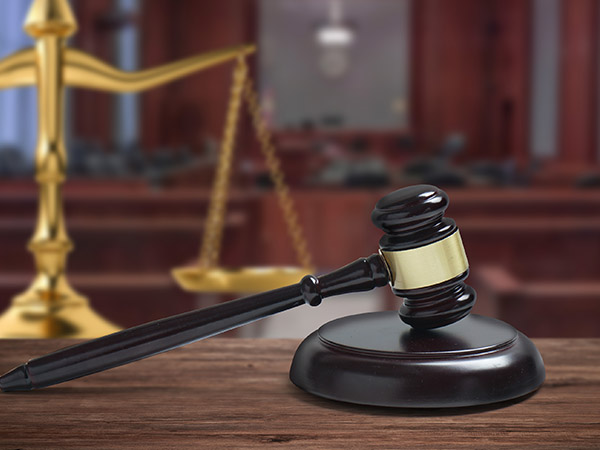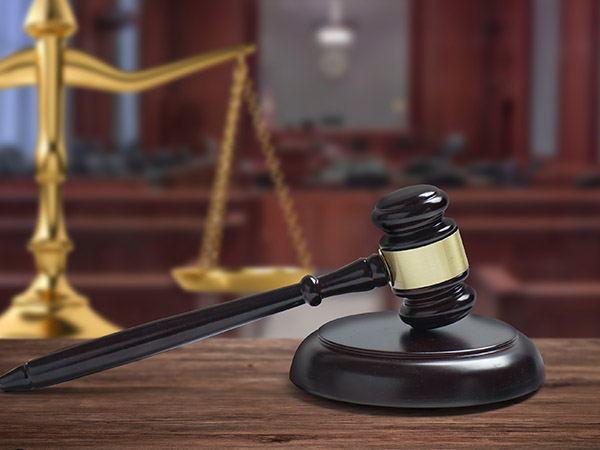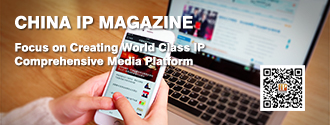Good afternoon. Welcome back from the Labour’s Day vocation. I’m Fino. Now let’s take a cup of coffee and enjoy this weeks IP Cafe.
Quick look at the headlines:
TCM Product Approved for Sale in Singapore
Milk Tea Brews a Boom amid Bust
US May Let Firms Work with Huawei on 5G Standards
Uber Secures Location-Sharing Patent Win
Canon and Toyota Found COVID-19 IP Partnership
First, the traditional Chinese medicine did make huge contribution to the combat of virus. Lianhua Qingwen, a recommended medicine for treating patients with mild COVID-19 symptoms, has been approved as a Chinese proprietary medicine by the Health Sciences Authority in Singapore.
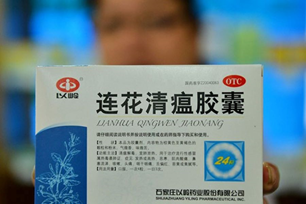
The designation means the product can be sold in the country as a medicine, the drug's manufacturer said on April 6.
Made by Shijiazhuang Yiling Pharmaceutical Co, in Hebei province, the medicine meets Singapore's standards for registration as a Chinese patent medicine. The capsule used in the treatment of influenza, has been approved for sale as a medicine, food supplement or natural health product in a dozen countries and regions, including Brazil, Romania, Thailand and Ecuador. It can also be sold in the Hong Kong and Macao special administrative regions.
Till now, the battle with the coronavirus seems to come to the dawn of victory, many tea connoisseurs said they just can't wait for the COVID-19 pandemic to end so they could resume indulging in their favorite pleasure-drinking milk tea.
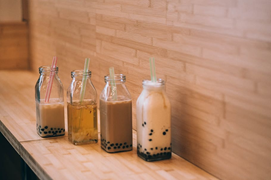
In recent years, milk tea has become somewhat of a national obsession, and a booming business in China. Consumers would line up outside milk tea stores and even queues for hours. Now, the pandemic and the attendant stay-in lifestyle have led to further growth of online orders and contactless deliveries of beverages, spurring exclusive e-stores on Alibaba's Tmall shopping platform.
Hey Tea is one such leading brand. Guangdong province-based, the popular milk tea maker debuted in 2012. It will soon launch its official store on Tmall, and offer a group of cultural derivative products such as tea gift boxes, juices, yogurt, biscuits, coupons, and so on.
"The brand has expanded its hot-selling flavors and is an inspiration for other joint products and more channels. Thus, it will slowly foster its explosive IP (intellectual property)," said Huo Wei, public relations director of Hey Tea.
According to the report of a consulting firm, the epidemic had a negative impact on China's catering sector, including the milk tea segment. In the first two months of this year, sector-wide sales declined nearly 40 percent year-on-year. Since March, the sector started to recover.
Another big win of a Chinese conglomerate and 5G technology. A draft rule from the US Department of Commerce said it would allow US companies to work with Huawei Technologies Co on 5G standards will. If approved, it could become a big win for accelerating the global rollout of 5G and promoting transparency in international telecommunications cooperation.
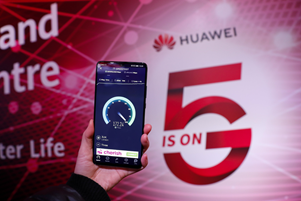
The US Department of Commerce is close to signing off on the rule, which would essentially allow US companies to participate in standards-setting meetings at which Huawei is also a member, Reuters reported.
"The new rule, if adopted, will boost the efficiency in setting remaining 5G technical and security standards and help speed up global 5G network construction," said the director-general of the Information Consumption Alliance, a telecom industry association.
"It is in line with the interests of telecom-related companies worldwide, including US tech players that want to be more active in international standards bodies."
The draft is still under final review by the US Commerce Department. Chinese company Huawei has yet to make a comment.
Now, focusing on three foreign companies.
American multinational ride-hailing company, Uber, secured its win over location sharing patent.

Uber Technologies Inc. scored a patent win on May 5 when the Federal Circuit invalidated parts of a GPS location-sharing patent, finding the way it transmits a map to users with others’ locations plotted on it was obvious from the prior art.
The company had unsuccessfully made that argument before the Patent Trial and Appeal Board. There, Uber challenged the validity of parts of two patents that X One had accused it of infringing. The PTAB found both patents valid, and Uber appealed. The Federal Circuit partially reversed the PTAB’s decision as to one of the patents in March.
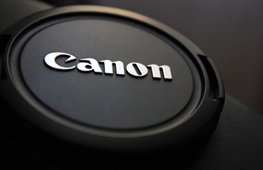
We all know that in difficult times, go hand in hand is the best way to overcome obstacles, during the pandemic, Japanese multinationals Canon and automotive manufacturer Toyota found COVID-19 IP partnership. The two giants have pledged not to enforce their patents and other IP rights against any activities aimed at stopping the spread of COVID-19, as part of a new partnership.
That's for this week’s news. For more IP events in China, please visit www.chinaiptoday.com. See you next Friday and enjoy the weekend.




